Gaza’s Infrastructure: Israel’s Assault & Paths to Rebuild
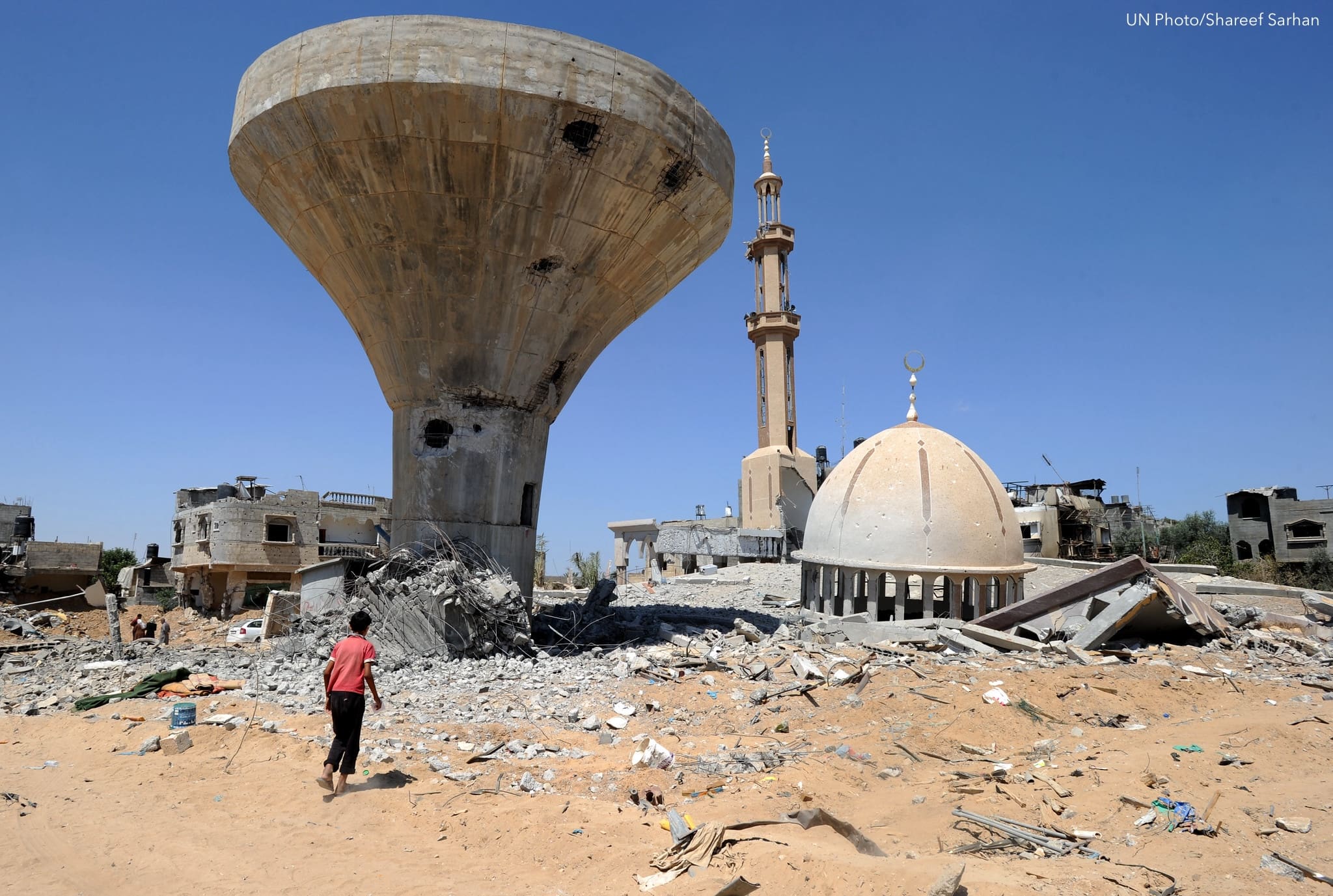
For over a year, Israel’s ongoing genocidal campaign has left Gaza devastated, with entire neighborhoods reduced to rubble and critical infrastructure decimated. Israeli forces have targeted and destroyed hospitals, schools, power plants, and water treatment facilities alike, not as collateral damage but as deliberate acts of collective punishment specifically designed to render Gaza uninhabitable. Amid […]
Reimagining Palestine After One Year of Genocide
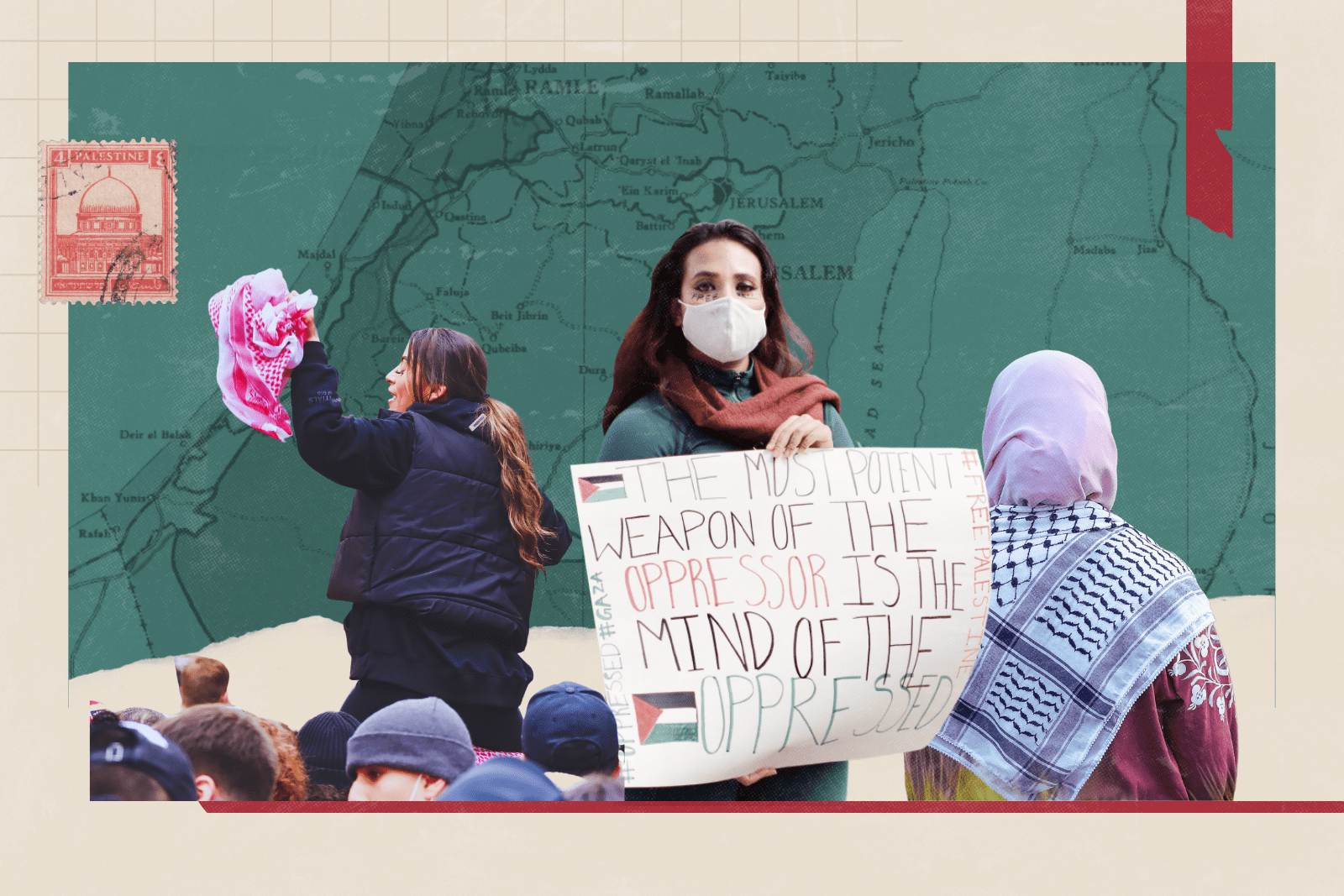
After a year of enduring relentless violence and devastation, Palestinians stand at a pivotal moment. This commentary reflects on the immense losses for the Palestinian people since October 2023 and the emerging opportunities to work towards a future free of settler colonial oppression. It argues that now is the time for the movement to shift […]
Focus On: A Year of Genocide in Gaza
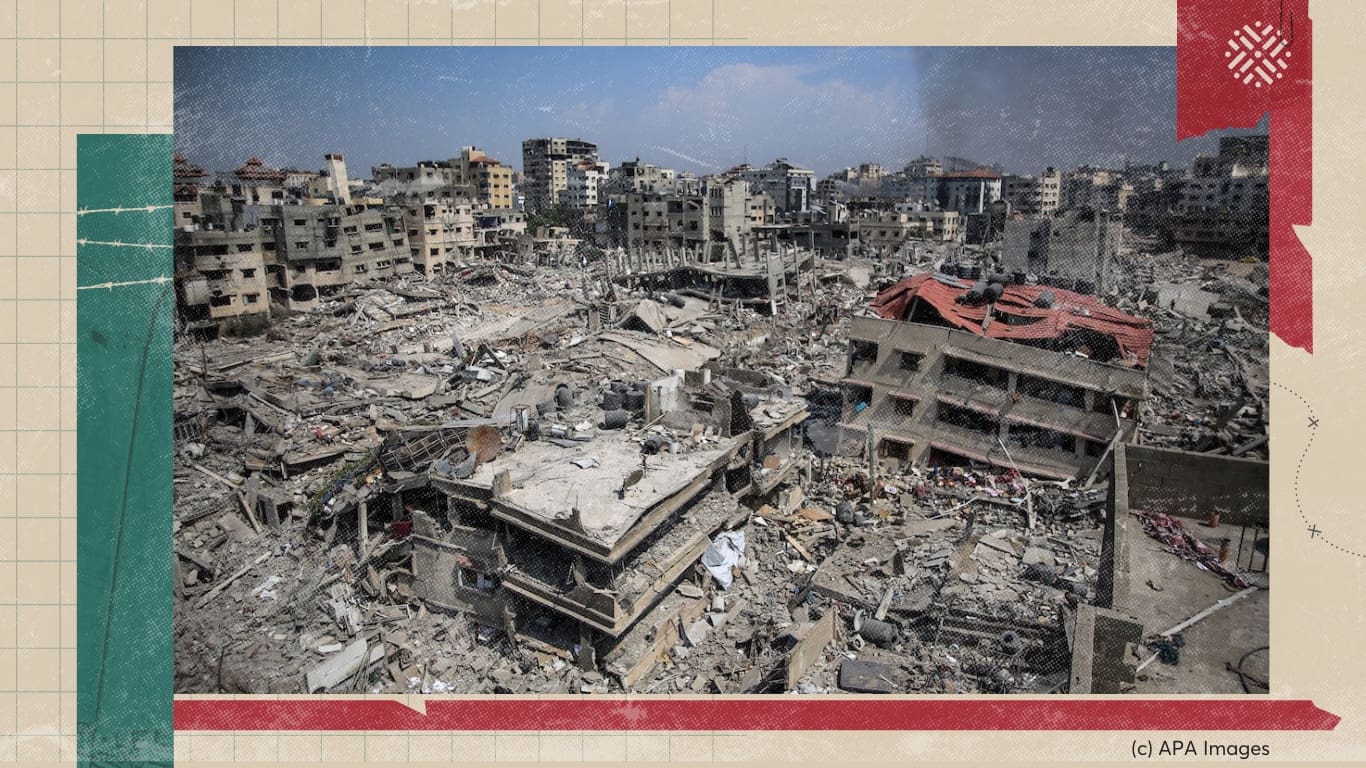
Since October 2023, Israeli forces have brutally murdered over 40,000 Palestinians in Gaza, injured 100,000, and displaced nearly all of the occupied area’s population. In that same time, occupation forces and settlers have collectively killed more than 600 Palestinians in the West Bank, and the Israeli regime has detained over 10,900 individuals, all while embarking […]
The UK and Its Illusive Arms Embargo
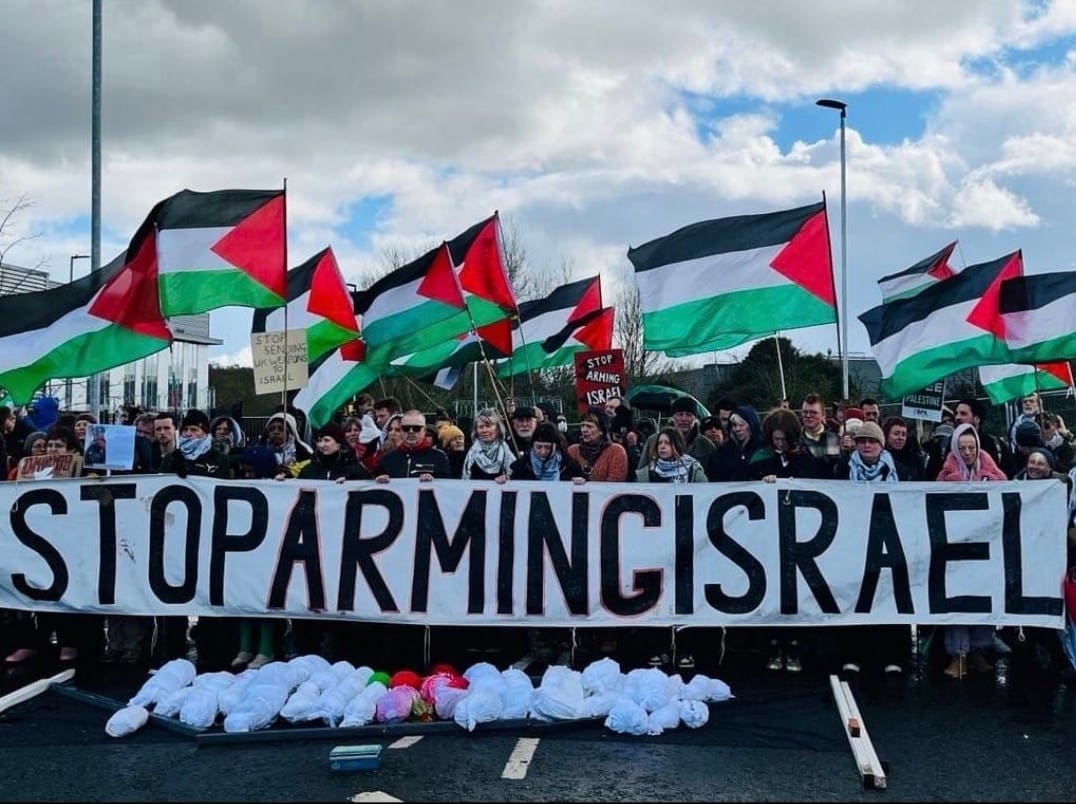
UK arms companies have long profited from selling weapons to Israel, with licenses issued from the British government. Since 2008, these exports have totaled an estimated $740 million, continuing even amid the ongoing genocide in Gaza. In protest, a Foreign Office official recently resigned over this policy of continued licensing. Following the Labour Party’s July […]
Reflections on the Current Moment in Palestine with Makdisi Street
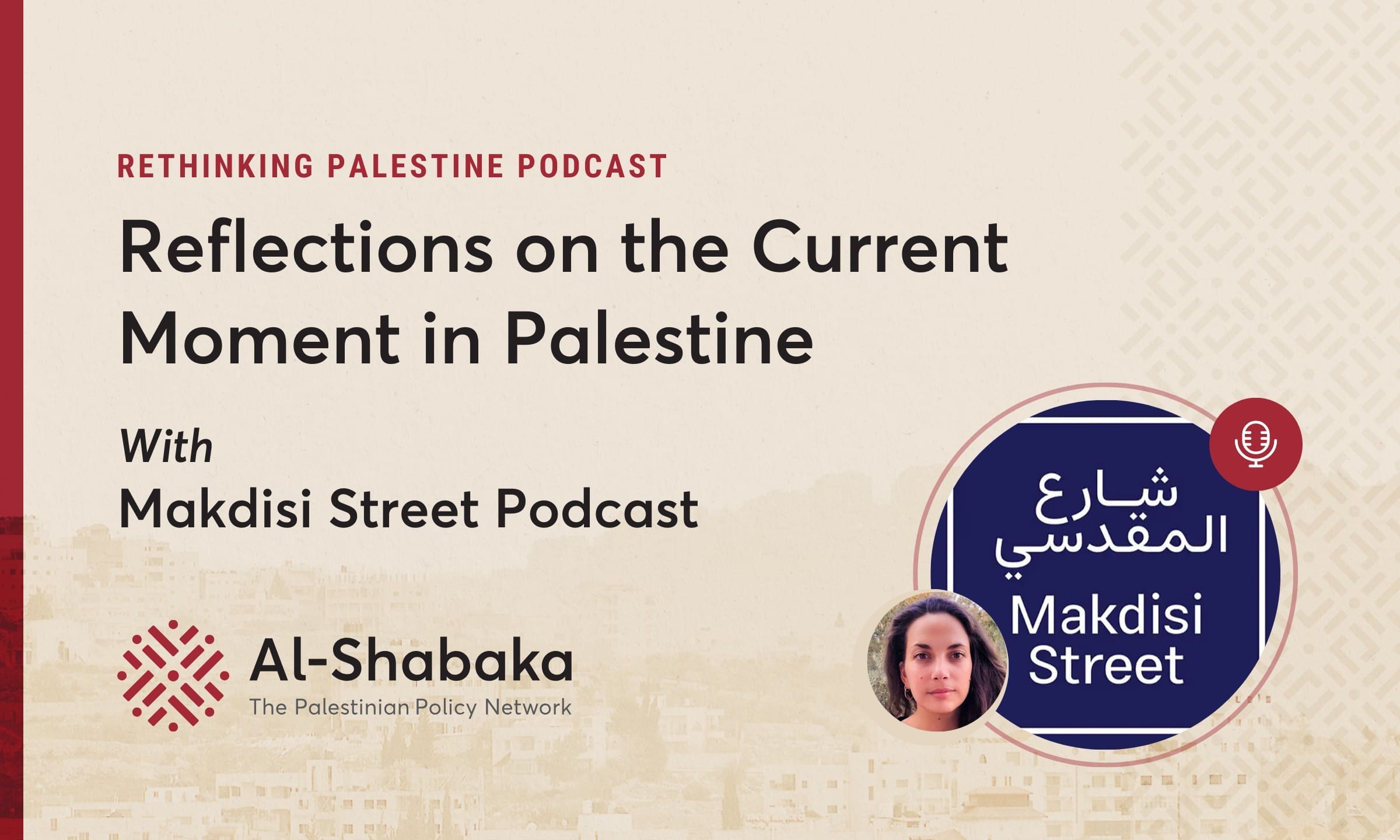
The transcript below has been lightly edited for brevity and clarity. Yara Hawari 0:00 All the advocacy efforts that haven’t happened randomly. This has happened as a result of Palestinian-led organizing in Palestine and in the diaspora. So I think it’s really important to take stock of that and to remember that we’re seeing massive […]
Karim Mattar
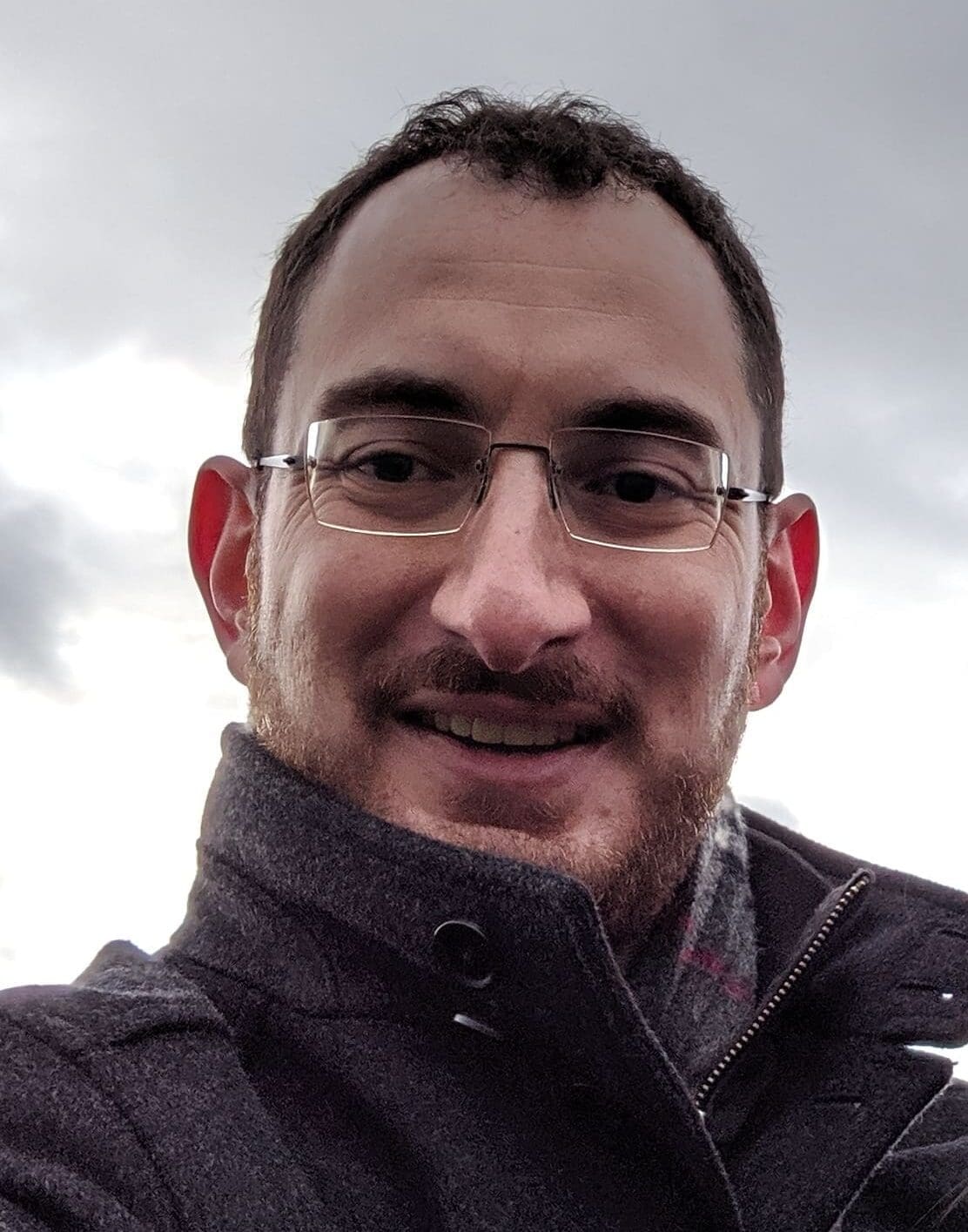
Karim Mattar is Associate Professor of English at the University of Colorado at Boulder. A descendant of survivors of the Palestinian Nakba of 1948, he works at the intersection of Palestine studies, the humanities, and higher education. He is currently writing two books: “The Ethics of Affiliation: Palestine and the Future of Humanism” and “Reflections […]
Malaka Shwaikh
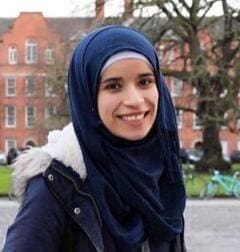
Malaka Shwaikh is an associate lecturer at the University of St Andrews, where she teaches and researches peacebuilding with decolonial and intersectional perspectives. She has over six years of experience in academic and consultancy roles, working at the intersection of prison studies, hunger strikes, peacebuilding, and resilience. Her mission is to challenge the dominant narratives […]
A Region on the Cusp of War with Abdullah Al-Arian
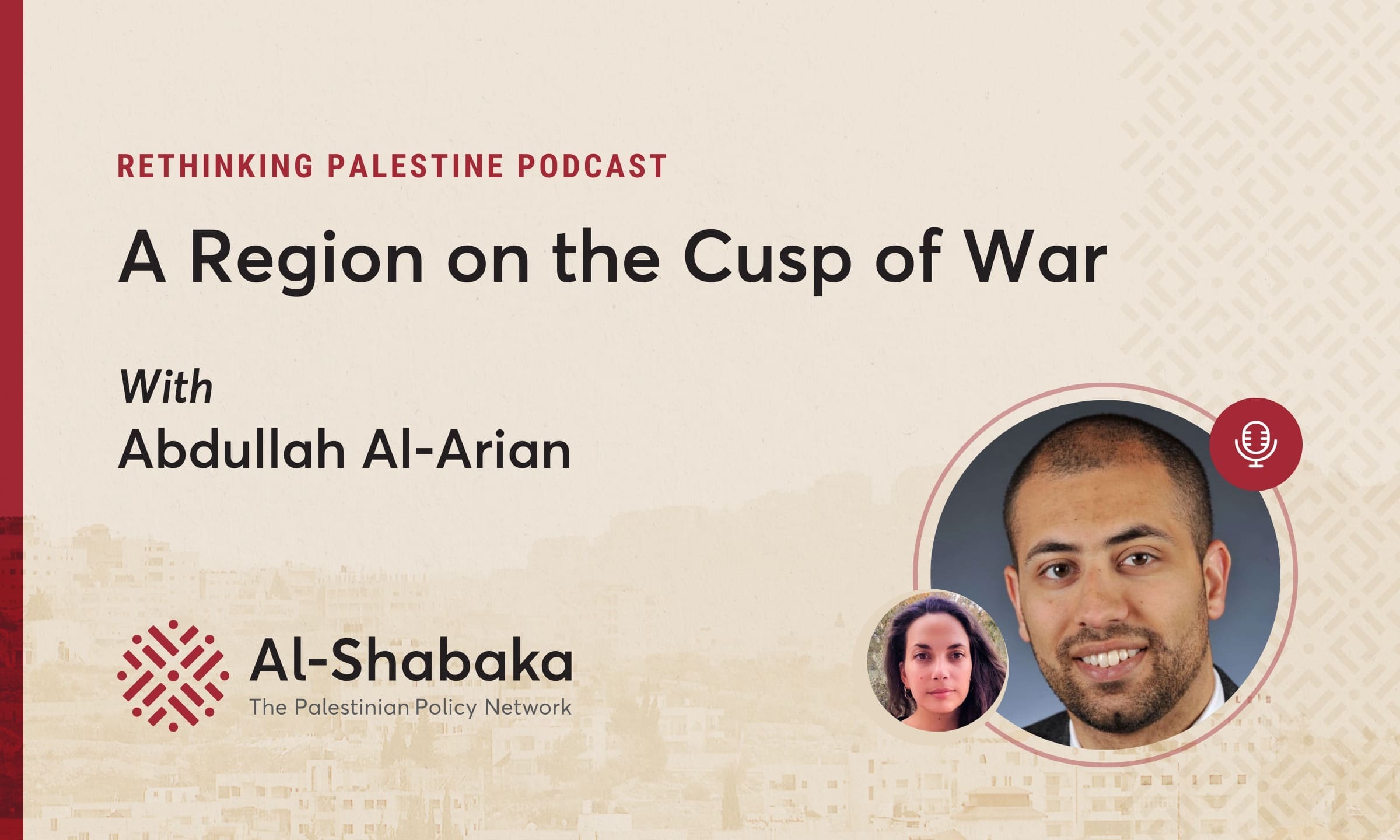
The transcript below has been lightly edited for brevity and clarity. Abdullah Al-Arian 0:00 What we’re seeing now signals a kind of a drastic escalation, just given the severity of the humanitarian toll that this has all taken on Palestinians, to see that Arab states continue to invest in a regional security relationship that they […]
Shahd Hammouri
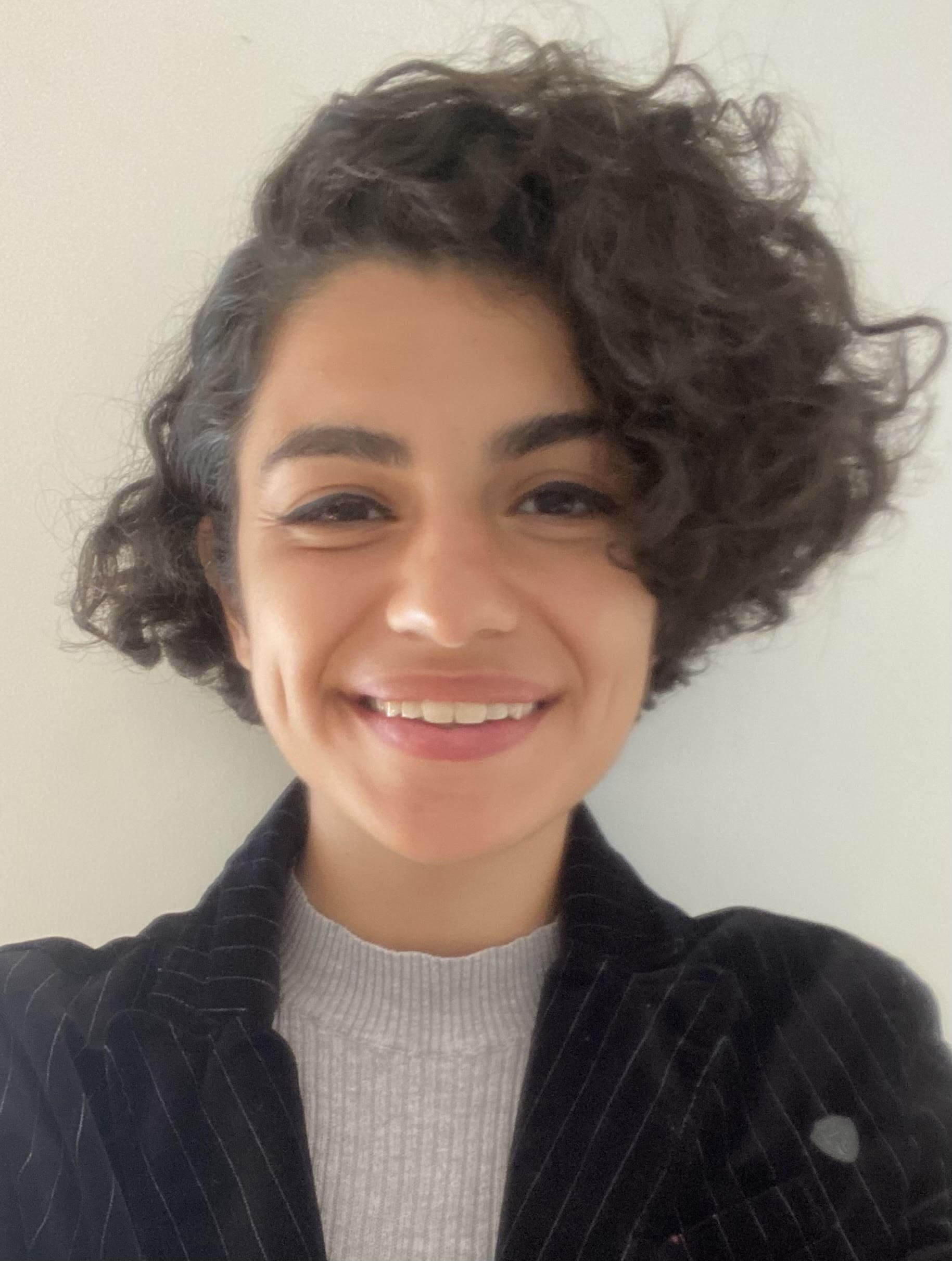
Shahd Hammouri is an academic and activist. She is an expert on international law, war economies, and corporate accountability. Shahd is currently a senior legal consultant with Law for Palestine.








